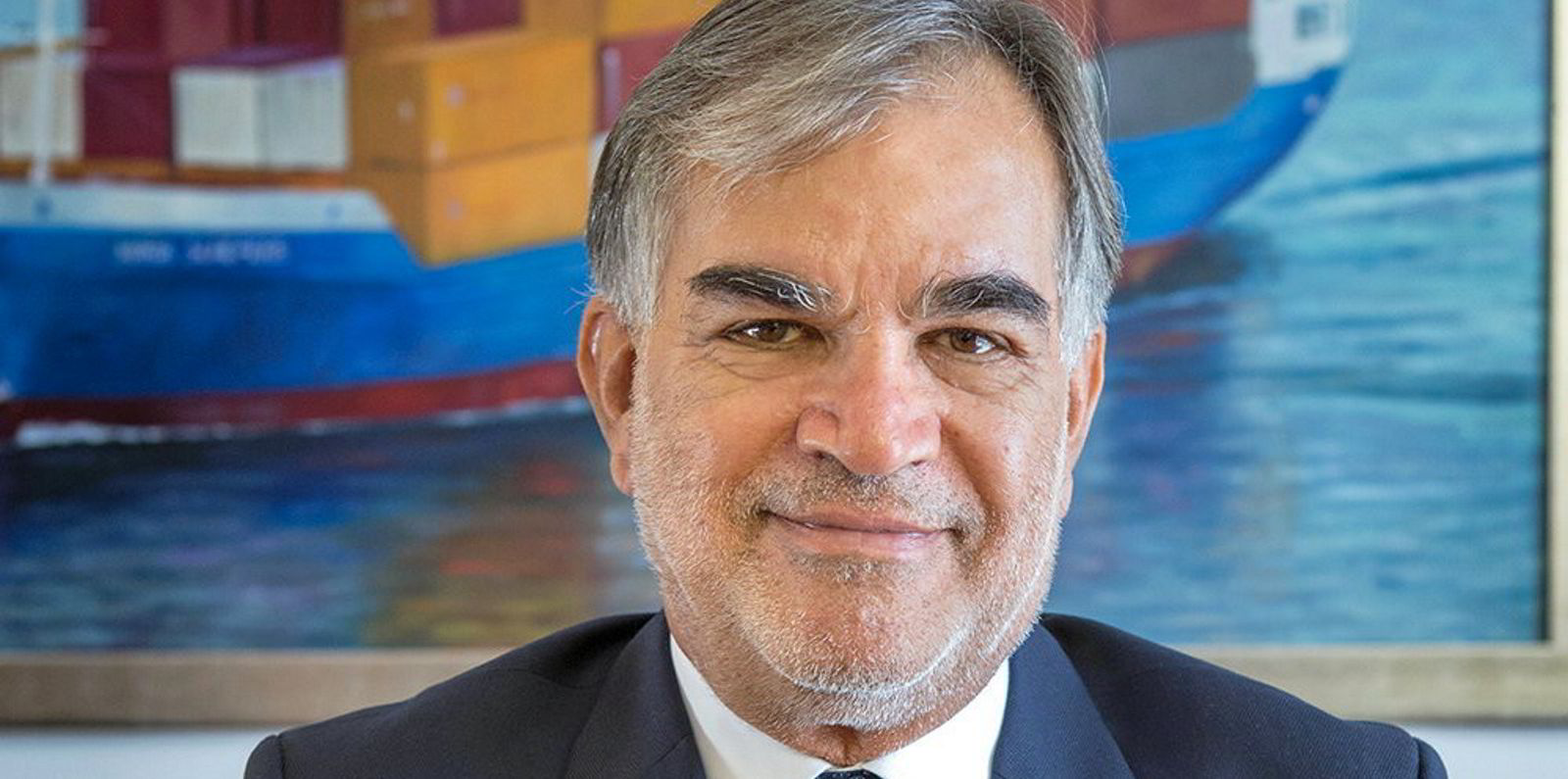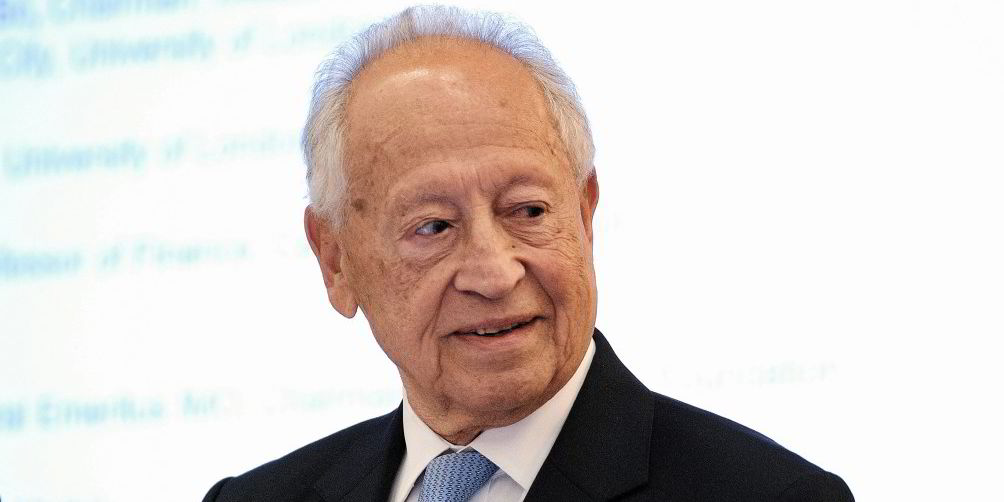Liner operators have called for further changes to the European Union’s emissions trading system (ETS) so that shipowners bear their share of the cost.
The World Shipping Council (WSC) acknowledged an “important milestone” after the European Parliament this week agreed to reforms of the proposed ETS as it applies to shipping.
But it added that the parliament’s position on the responsible entity “presented a loophole to shield shipowners with a mandatory contractual pass-through of costs to operators, delaying innovation”.
The Washington-based lobby, which represents all the major liner operators, said payment of ETS compliance costs should be determined by the contracting parties themselves.
Negotiating the shared challenge of decarbonisation is best achieved without contractual terms imposed by legislation, it said.
“Rapid investment in green vessels and fuels requires that EU ETS engage all parties — vessel operators, charterers and shipowners.”
John Butler, chief executive of the WSC, said: “Legislation that is narrow and includes binding pass-through clauses will distort the market signal and delay progress to reduce greenhouse gas emissions.”
The stance taken by liner operators appears at odds with shipowners, who have broadly welcomed the legislation.
Strong signal
The European Community Shipowners’ Associations described the changes as largely in line with its own proposals on reforming the ETS.
“The parliament’s vote is a strong signal that the European policymakers listen to us and take into account the proposals of our sector,” secretary general Sotiris Raptis said.
The WSC is willing to work towards legislation that is “ambitious, effective and practical”.
But it is urging legislators to remove the binding contract requirement of proposed ETS legislation.
Shipping’s inclusion in the ETS is just one part of a series of decarbonisation measures under the EU’s “Fit for 55” programme, which also involves road transport and a carbon border tax.
Among the measures related to shipping in the deal agreed by the parliament, 75% of the revenue generated from the ETS will go to an Ocean Fund for decarbonisation.
It also agreed that the principle of the polluter pays should be adopted, meaning ETS costs will be met by a vessel’s commercial operator, rather than its beneficial owner.
Strong cross-party support for the changes to the parliament’s ETS proposal would allow it to bring a common position to the next stage of the political negotiating table with the European Council.





